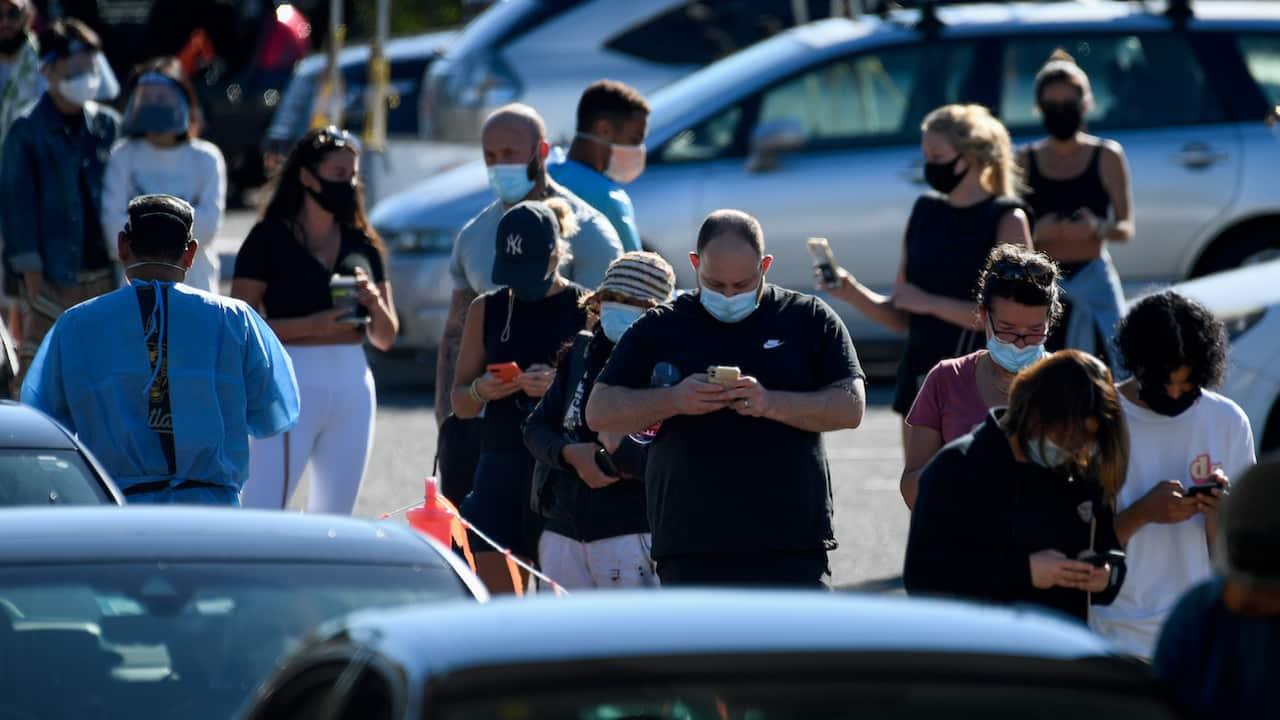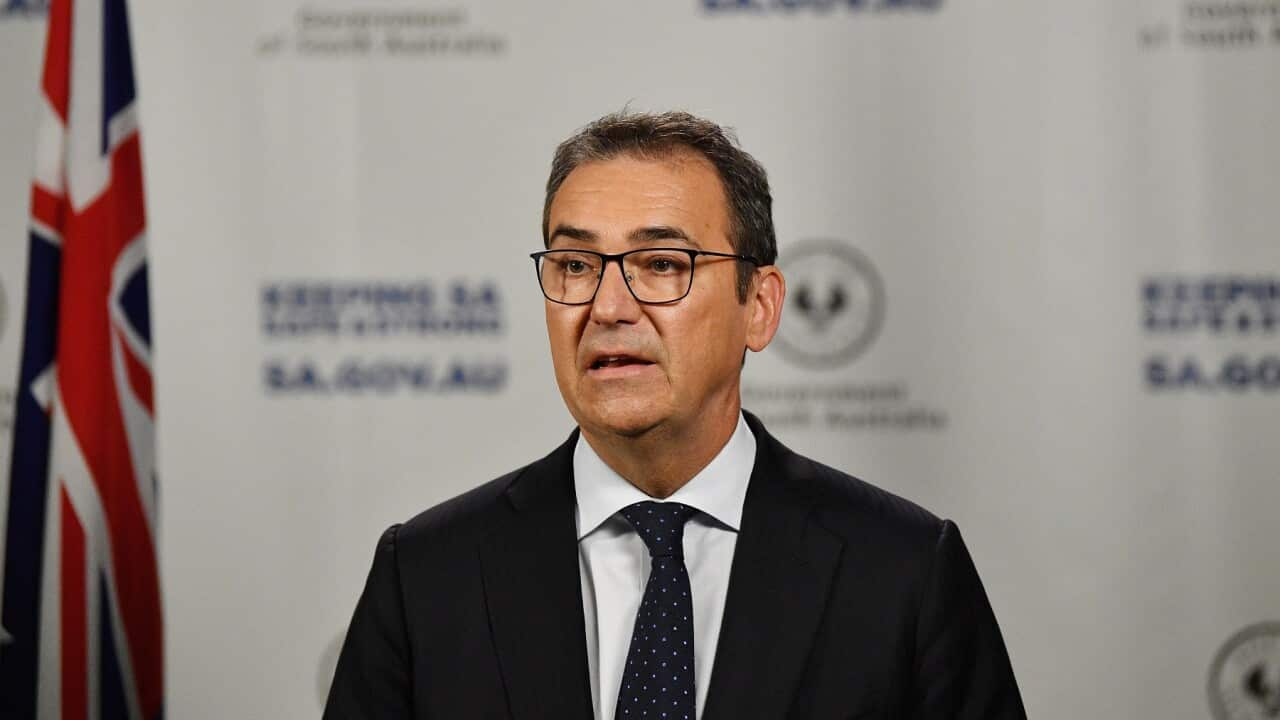A new definition of a COVID-19 close contact has come into effect across five states and territories.
A close contact is now considered as a person who is a household contact who has spent four or more hours with a confirmed COVID-19 case, except in exceptional circumstances.
If a person is deemed a close contact, they must take a rapid antigen test (RAT). If the result is negative, they must continue to self-isolate for seven days.
If a person is symptomatic, they must receive a PCR test and continue to self-isolate for seven days.
The definition, agreed upon by the national cabinet on Thursday, came into force in New South Wales, Victoria, Queensland, South Australia and the ACT on Friday.
South Australia, however, will continue with a 10-day quarantine period for cases and close contacts.
Tasmania will bring in the new definition on 1 January, while Western Australia and the Northern Territory will confirm their status in the coming days.
State and territory leaders met on Thursday to find ways to combat the overwhelming queues of people waiting to receive a PCR test throughout the holiday period.
"If you don't fulfil this definition of a close contact then there is no need for you to be in that line," Mr Morrison told reporters on Thursday.
"You should go home. Go to the beach, go and do what you want to do. Read a book in the park. Follow all the normal, common sense things that you would do.
"This should significantly, we hope, over the next few weeks, greatly reduce the volume of people who are having these PCR tests, which means we will be able to increase the turnaround time of these tests."
Mr Morrison said the change of definition was necessary to combat the staggering case numbers of the Omicron variant, a shift away from the standards each state adopted during the Delta wave. "That is the gear change, that is the reset," Mr Morrison said.
"That is the gear change, that is the reset," Mr Morrison said.

Australia's Chief Medical Officer Paul Kelly said Omicron is less severe than Delta Source: AAP
"I am confident that this is the best way to manage the Omicron pandemic."
On the new variant, chief health officer Dr Paul Kelly said:"It is a different virus from previous versions of the virus we have seen over the last two years."
"We know it is very transmissible ... and is transmitting fast in the community as we have seen ... Omicron though, is less severe. I think that is becoming very clear now."











